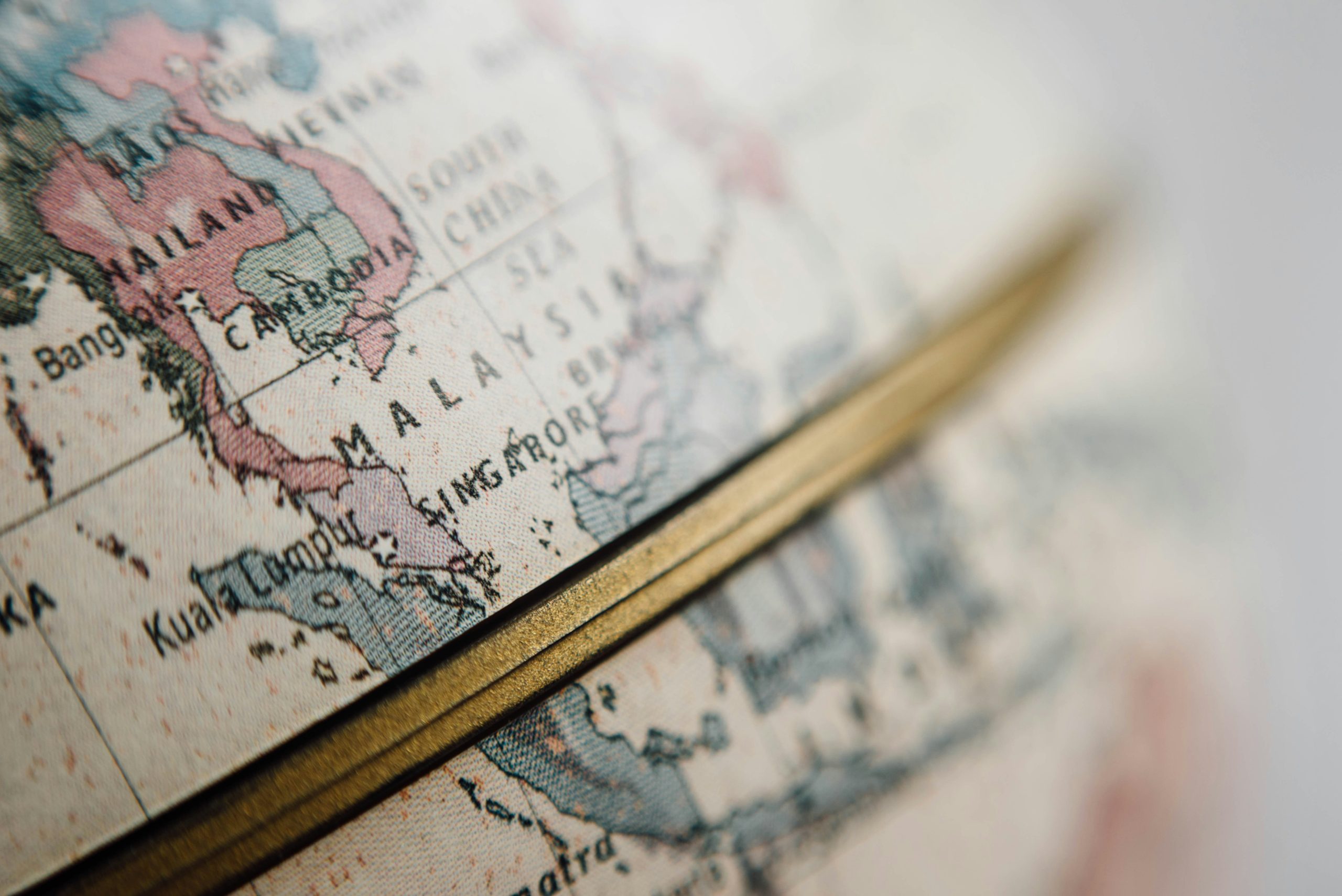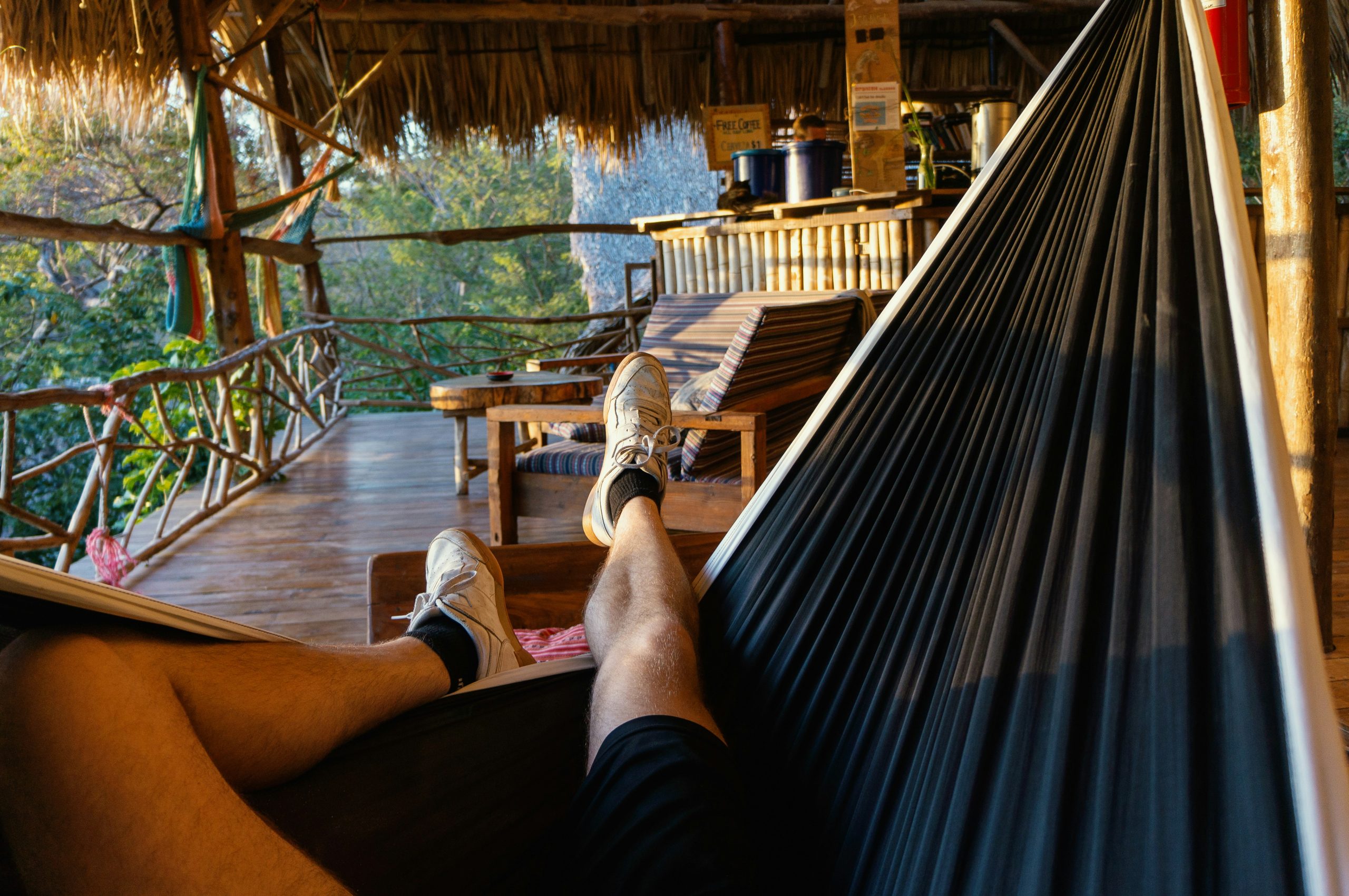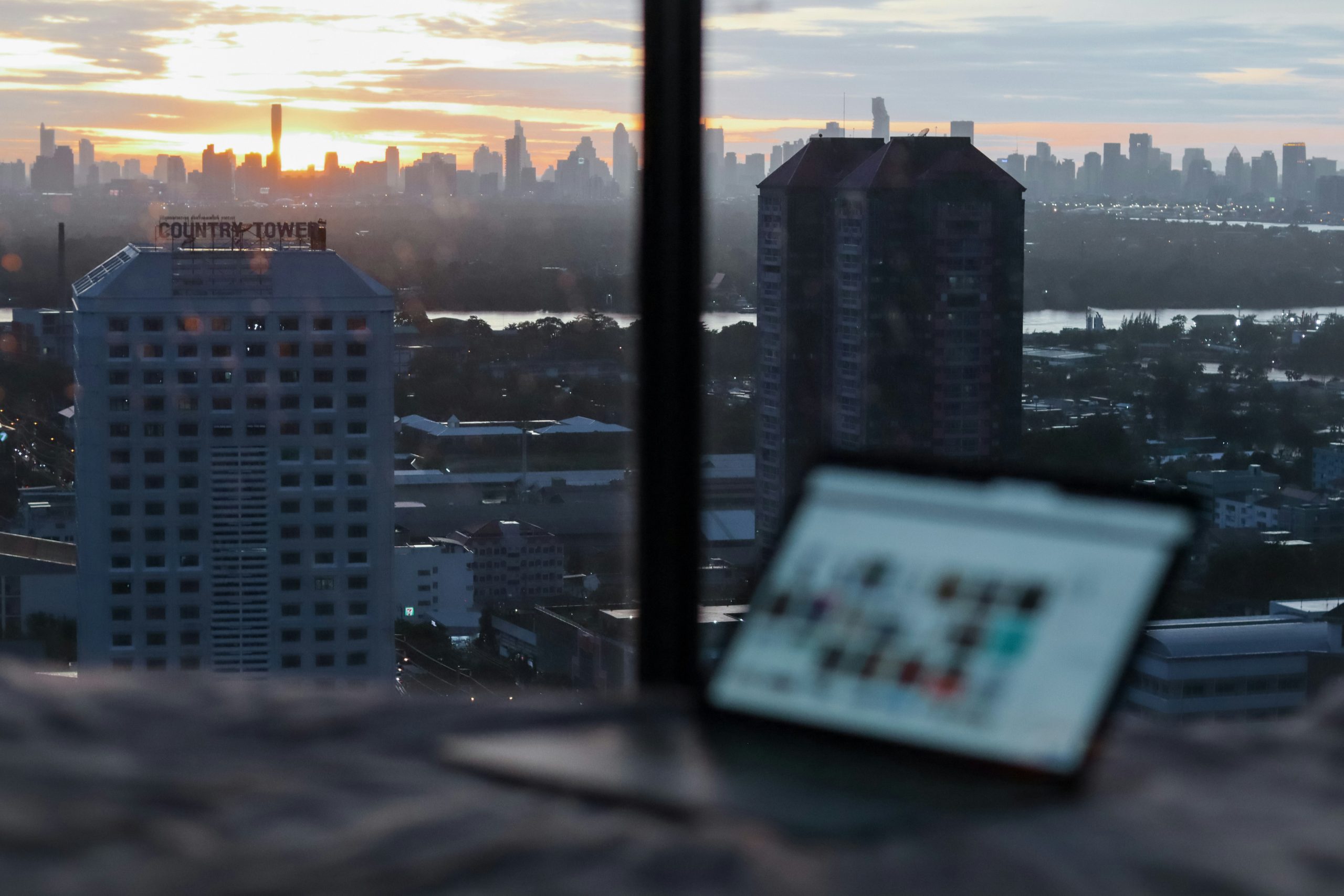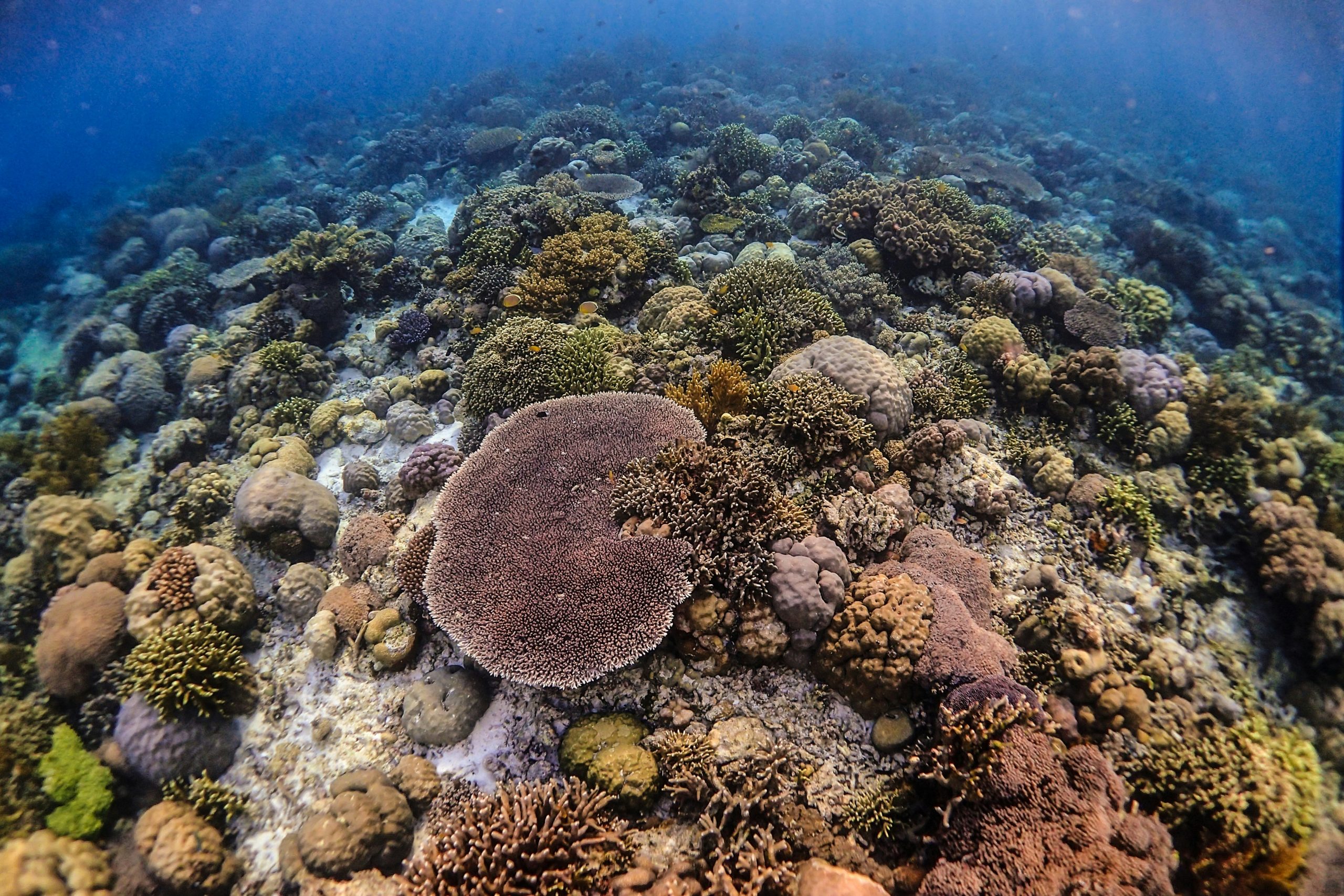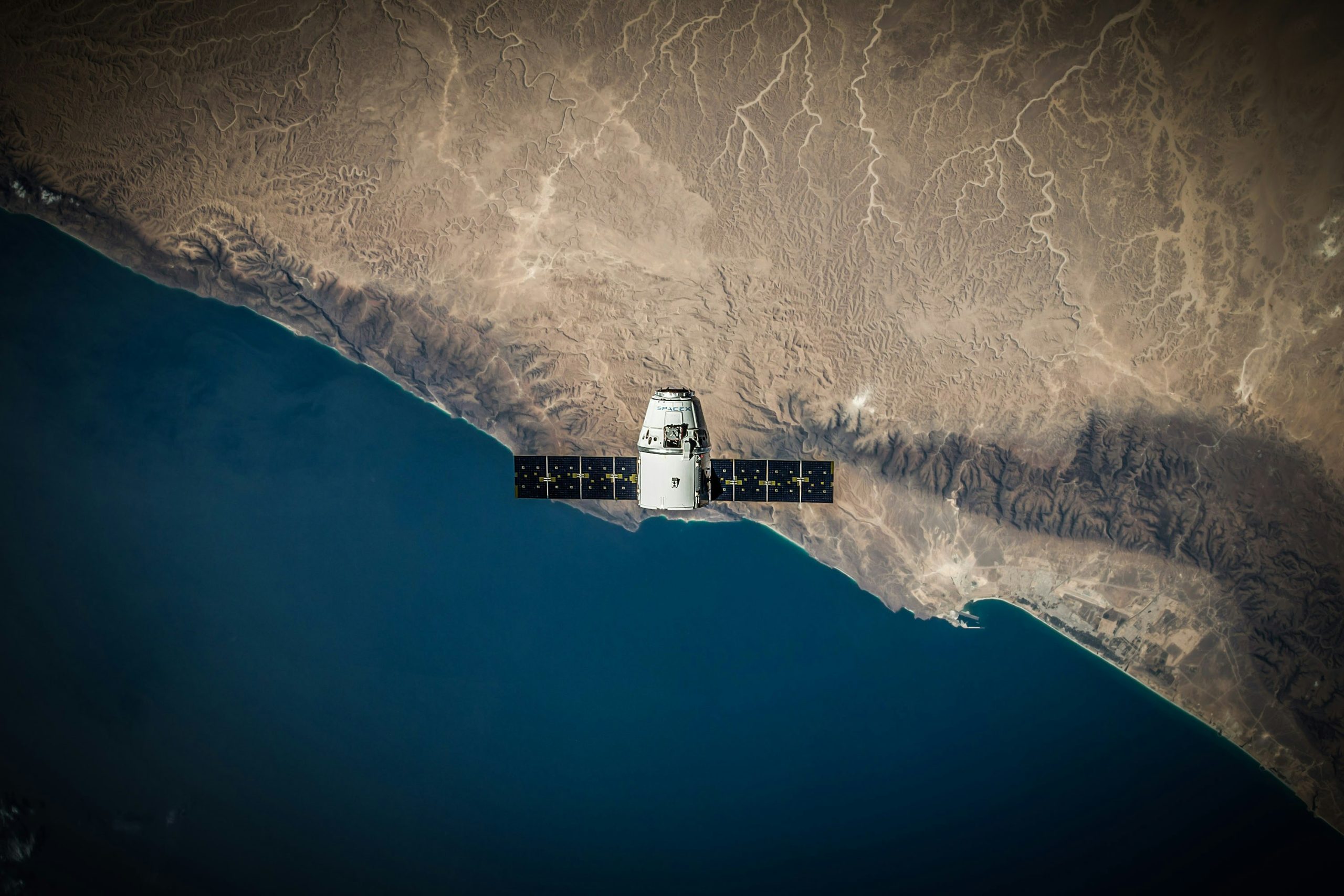Second Semester Reflection: Emerging Trends in the Tourism Sector
As we begin the second half of the year, it is essential to stop and review on the emerging market trends. This pause will allow us to make informed decisions and, if necessary, adjust our objectives to ensure optimal results in our businesses. It is the right time to evaluate which aspects of the sector remain relevant and which require modifications to adapt to the new market realities. If, like me, you are passionate about the tourism sector, I invite you to join me in this analysis of the evolution of tourism for the remainder of the year. Unique Experiences A few weeks ago, we discussed wellness tourism and how this category has gained relevance as current travelers seek to improve their quality of life. This trend is closely linked to luxury tourism. According to Hosteltur, this type of tourism continues to resonate as travelers prioritize a lifestyle that promotes both external and internal well-being. This implies that destinations will be valued for the activities they offer, such as spiritual, gastronomic, and physical experiences. The demand for exclusive and transformative experiences continues to grow, and it is an opportunity we should not miss. Sustainable Tourism Environmental awareness is increasingly present in society, and travelers are
Michelin Restaurants You Can’t Miss
One of life's greatest pleasures is enjoying a good dish, and even more so when it's a new gastronomic experience. For any traveler, gastronomy is one of the main reasons for traveling. According to a study conducted by the digital travel agency Booking, 88% of travelers state that one of their main motivations when choosing a destination is tasting local cuisine. Therefore, I wanted to create a list to share the best cities with Michelin-starred restaurants, as this distinction guarantees an explosion of flavors and culinary authenticity. While it's true that traveling doesn't necessarily mean doing it in a group, solo trips are also ideal for spontaneous getaways, moments of reflection, or even self-discovery. If you enjoy traveling alone and have Singapore on your list of destinations, you can't miss Burnt Ends. The experience begins the moment you enter the restaurant, which boasts a vibrant and sophisticated atmosphere. With one Michelin star, Burnt Ends offers an open kitchen where you can appreciate the cooking process of the dishes, with meat being their main specialty. If you're a wine lover, they have an interesting wine list. On the other hand, if you find yourself in the city that never sleeps, New York, Le
How Wellness Tourism Contributes to Sustainability
In today's economic environment, tourism stands out for its significant contribution to the global economy. However, it is crucial to examine the different types of tourism, especially those arising from new habits and adaptations of contemporary travelers. Among these, wellness tourism and sustainability emerge as fundamental pillars, integrating into all sectors, including tourism. On this occasion, I want to highlight how wellness tourism can drive sustainability. To begin, it is essential to understand what wellness tourism entails. This type of tourism gains importance as travelers seek experiences that enhance their quality of life, whether in emotional or health terms. This sector has seen notable growth, becoming an emerging trend that has significantly influenced the post-pandemic economy. According to "The Global Wellness Economy: Country Rankings" report published in January 2024 by the Global Wellness Institute, countries showing particularly strong post-pandemic recovery include Israel, the United Arab Emirates, Croatia, Romania, and the Czech Republic, all of which have large and growing wellness tourism sectors. The report also highlights that the wellness economy is projected to grow at a solid rate of 8.6% annually over the coming years, reaching nearly $8.5 trillion by 2027. This underscores that wellness tourism is not only beneficial for travelers
Regenerative Tourism: Beyond Sustainability
In recent years, we have witnessed the rapid growth of tourism, positioning itself as one of the fastest-growing sectors, second only to technology, further boosted by the exponential advancement of artificial intelligence. As avid readers, we understand the economic impact of tourism and its crucial influence on sustainability. However, today I want to explore a type of tourism that is gaining increasing relevance: regenerative tourism. This approach goes beyond mere sustainability, aiming not only to mitigate environmental impact, but also to actively contribute to the restoration and improvement of the environment. Regenerative tourism is distinguished by activities designed not only to reduce the negative impact of conventional tourism, but also to enhance environmental resilience in the face of climate change. In response to current challenges in the tourism industry, this approach emerges as a necessary and responsible option. A prominent example of this model is The Good Concierge Project, featured on labuenahuella.org, highlighting Víctor Fernández Morales as Co-Founder and Project Director. Pula Golf Resort in Mallorca stands out as a leader in competitive regenerative hospitality. Since its establishment in 1996, the resort has been recognized for its commitment to Corporate Social Responsibility (CSR) and environmental policies. During the COVID-19 pandemic, it actively
Building a Personal Brand in the Tourism Industry: Keys to Professional Success
I want to start by highlighting that, if I had to explain in a few words what personal branding, is, I would say it is the positioning and impression we leave on people. In other words, what do people think of when they hear my name? What topics do they associate me with? What needs would they come to me for? These key questions help define your personal brand. With this clarified, I want to emphasize that nowadays, working on our personal brand, regardless of the sector you are in, is essential not only for positioning but also for marketing your skills and aptitudes, which benefits the services or products you represent, whether you are an entrepreneur or an employee. In the tourism sector, where the customer experience is paramount, a strong personal brand not only positions you as an authority in the field but also allows you to connect more meaningfully with your audience and stakeholders, generating valuable connections. Whether you are an investor, entrepreneur, or founder of a new project, having a well-defined personal brand will be useful for attracting clients and partners, thanks to the connection that this strategic group of people can provide. Working on your personal brand not only
The Fusion of Innovation and Tourism: Inspiring Success Cases
It is no secret that the main pillar for the growth of any business is innovation. In recent years, we have witnessed the rise of artificial intelligence due to its accelerated growth. Innovation and tourism go hand in hand, improving and simultaneously generating new products, services, and experiences to meet new demands. For example, customer service optimization has seen the emergence of chatbots as allies, and mobile applications now optimize time in hotels for bookings, cancellations, or modifications. In this context, I want to share the success story of Zoku, which emerges as one of the rising trends in the hotel industry due to the increase in modern nomads and remote workers seeking flexible and comfortable spaces to stay, work, and socialize. Zoku took advantage of this demand by offering a business model that caters to people who frequently travel for short and long periods and need a place that fits their lifestyle and needs, considering that conventional hotels do not always meet these requirements due to factors like cost and lack of privacy, among others. Zoku addresses this market niche with a new concept of a hotel and coworking space. Designed as lofts, their spaces are spacious and functional, easily transforming
Tourism as a Tool for Marine Conservation
Tourism is one of the sectors with the greatest opportunity for growth and expansion, but it is also vulnerable to various challenges, such as natural disasters and unforeseen events like the COVID-19 pandemic. However, today I want to highlight the relevance and popularity of sustainable tourism, especially its influence on marine conservation. Does Sustainable Tourism Exist? If you are a regular reader, you will know that we have often referred to contemporary society as environmentally conscious consumers. This is confirmed by a note published by the German online statistics portal Statista, citing that approx 44% of respondents consider environmental protection one of the most important issues for their country. According to 2022 estimates, the sustainable tourism market was projected to grow annually by 33.3%, suggesting that by 2024, the percentage much be higher. Sustainable tourism involves respectful tourism activities that generate minimal environmental impact. How Does Marine Conservation Contribute to Sustainable Tourism? The reality is that, according to the Ocean Panel, coastal and marine tourism represents at least 50% of global tourism. This is largely attributed to the quality of ecosystems, which are crucial for attracting visitors. This presents a significant opportunity for countries, especially in the Caribbean, where tourism demand is primarily focused
Space Tourism: The New Luxury Experience
Space tourism is emerging as an exciting adventure for those seeking unique and luxurious experiences. While currently only a privileged few can afford the millions of dollars required for these trips, it is expected that over time and with technological advancement, costs will decrease, thus democratizing access to space. Companies like Virgin Galactic, led by Richard Branson, are at the forefront of this field. Their spacecraft, V.S.S. Unity, took a crew to the edge of space in July 2021, offering passengers an unparalleled view for a few minutes. In addition to Virgin Galactic, companies like Blue Origin, founded by Jeff Bezos, are also making significant advances in space tourism. With the New Shepard, a suborbital rocket, Blue Origin is bringing the dream of space closer to reality for the general public. Their ongoing advancements and research are paving the way for expanding access to space, offering new opportunities to explore the cosmos. Space tourism is constantly evolving, promising to open the doors of the cosmos to a wider audience in the future. Although currently the cost of these experiences remains limited to most, technological advances and competition in the sector could eventually make space accessible to everyone. However, beyond the numbers, an intriguing
Gender Equality: Key to an Inclusive Economy
The inclusion of female leadership in the workplace is crucial for promoting gender equality and fostering innovation. Female leaders not only bring a unique perspective but also inspire others to achieve their professional goals, thereby driving economic independence. Despite progress, gender gaps persist in many countries. In Mexico, for example, women's labor participation was only 45% compared to 77% for men in 2022, according to a World Bank report. This underscores the importance of continuing to work towards promoting equal opportunities. Companies that promote the inclusion of women in all areas of work experience various benefits, such as better talent retention, more equitable policies benefiting all employees, and greater diversity in the workforce, which helps prevent gender, racial, and sexual discrimination. Furthermore, these benefits also translate into positive economic aspects for countries, such as an increase in per capita income and greater economic growth. How does this topic remain relevant today? Despite efforts to close gender gaps, there is still much work to be done. The inclusion of female leadership remains a priority for building a fair, equitable, and prosperous workplace for all.
The Current Dilemmas of the Gastronomic Sector
In the vast world of gastronomy, where flavors intertwine with experiences and opportunities, a challenging panorama emerges. From the influence of new policies to changing trends in consumption and the effects of climate change, enthusiasts in this sector must do more than just be prepared; they must adapt to consider new innovations that allow them to thrive amid constantly evolving challenges. Impact of Healthy Taxes and Single-Use Plastic In some countries, rather than merely requesting, the implementation of measures to promote sustainability, such as regulation on single-use plastic, has been demanded. This has led to a series of financial adjustments in the gastronomic sector, especially in countries like Colombia. Although these measures aim to promote more environmentally friendly practices, the reality is that even the smallest changes can have a significant impact on the operating costs of establishments. Faced with this panorama, entrepreneurs face the challenge of balancing the adoption of these measures with profitability, while also maintaining attractive prices for consumers. It is essential to develop strategies that allow compliance with regulations for a greener future, without compromising the economic viability of businesses. The Rise of Conscious Eating The current consumer trend has undergone a significant change, and the gastronomic sector is no

